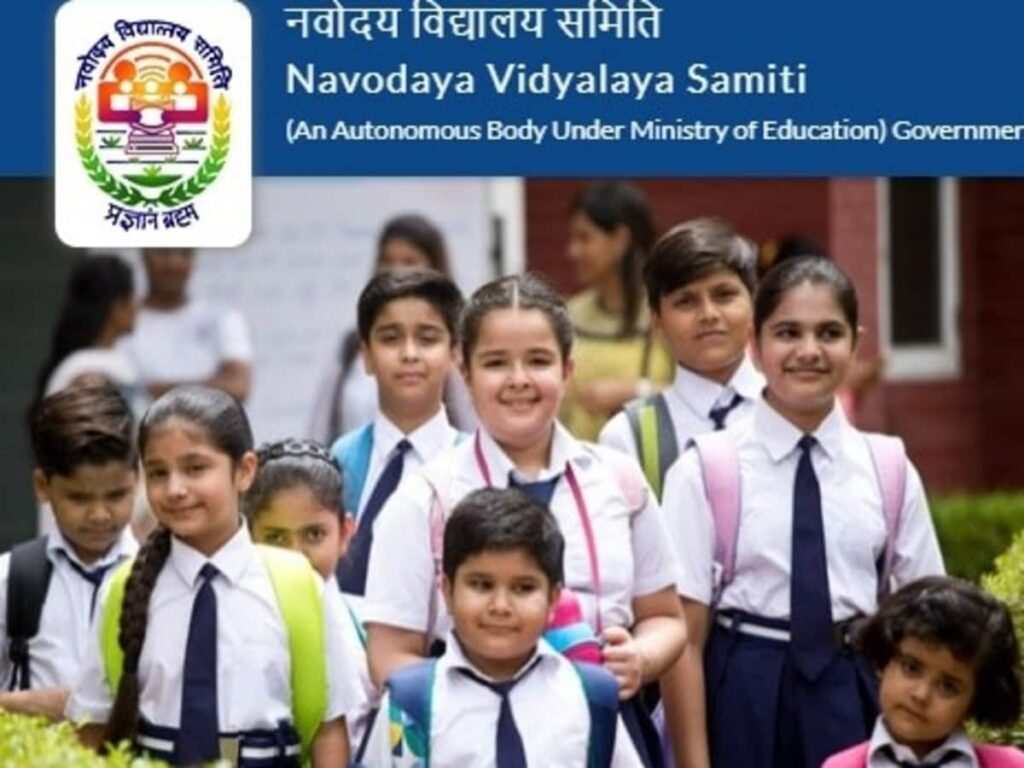In a controversial incident in Uttar Pradesh’s Sant Kabir Nagar, the Jawahar Navodaya Vidyalaya has faced legal action after an admission denial. The school conducted a medical examination of a student and deemed him older than the allowed age limit, resulting in the rejection of his application for sixth-grade enrollment. This decision has sparked significant debate about the admission processes used by such institutions and the rights of students.
Background of Jawahar Navodaya Vidyalaya
Jawahar Navodaya Vidyalayas (JNV) are a system of centrally located schools in India designed to provide quality education to talented students, primarily from rural areas. Established in 1986, these schools aim to nurture and encourage bright students by offering education that is not hindered by socio-economic barriers.
Admission Policy
The admission process at JNV has specific eligibility criteria, including age limits, academic requirements, and entrance examinations. The age limit for admission into sixth grade is typically between 11 to 13 years. While these criteria are in place to ensure a level playing field for all students, there are concerns about their implementation.
The Recent Incident
The recent case involving the school in Sant Kabir Nagar highlights the potential pitfalls of these admission policies. A student’s medical examination led the administration to conclude he was above the permissible age limit, which subsequently barred him from enrolling in the sixth grade. This decision not only affects the child’s educational opportunities but also raises questions about the fairness and accuracy of age evaluations conducted by the school.
Judicial Response
In response to the school’s actions, the court intervened, admonishing the institution for its conduct. The court emphasized the need for schools to ensure that their admission procedures are transparent and just. This incident has drawn attention to the broader legal and ethical implications surrounding educational admissions.
Implications for Educational Institutions
This incident presents several implications for educational institutions, including:
| Implication | Description |
|---|---|
| Transparency | Educational institutions must clearly communicate admission criteria and ensure they are followed consistently. |
| Student Rights | Schools need to respect the rights of students and consider individual circumstances during the admissions process. |
| Review Mechanisms | Institutions should establish review mechanisms to address disputes or grievances arising from admissions decisions. |
Conclusion
The case of the Jawahar Navodaya Vidyalaya in Sant Kabir Nagar serves as a reminder of the importance of fair and just educational practices. It highlights the necessity for schools to not only adhere to policies but also to implement them with compassion and thoroughness. As the education sector continues to evolve, it is crucial that institutions remain committed to providing equitable opportunities for every student, thereby fostering a more inclusive learning environment.
